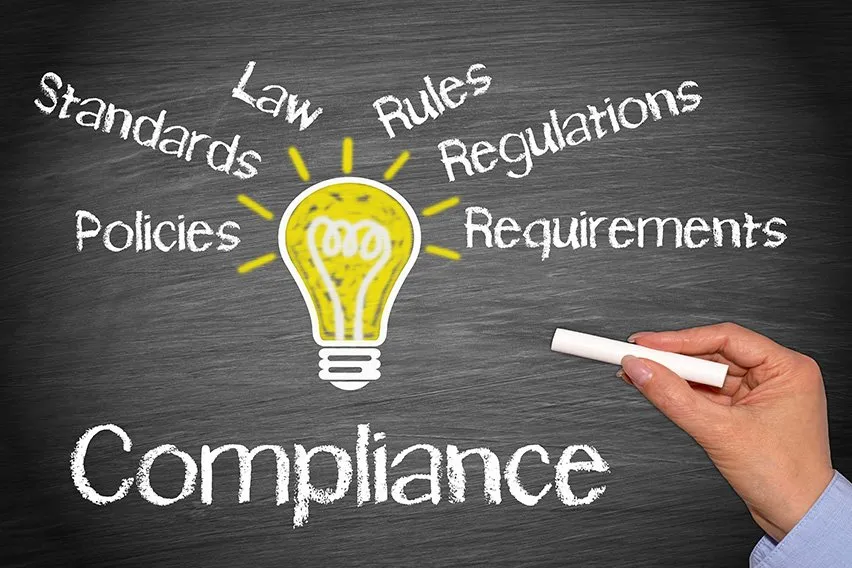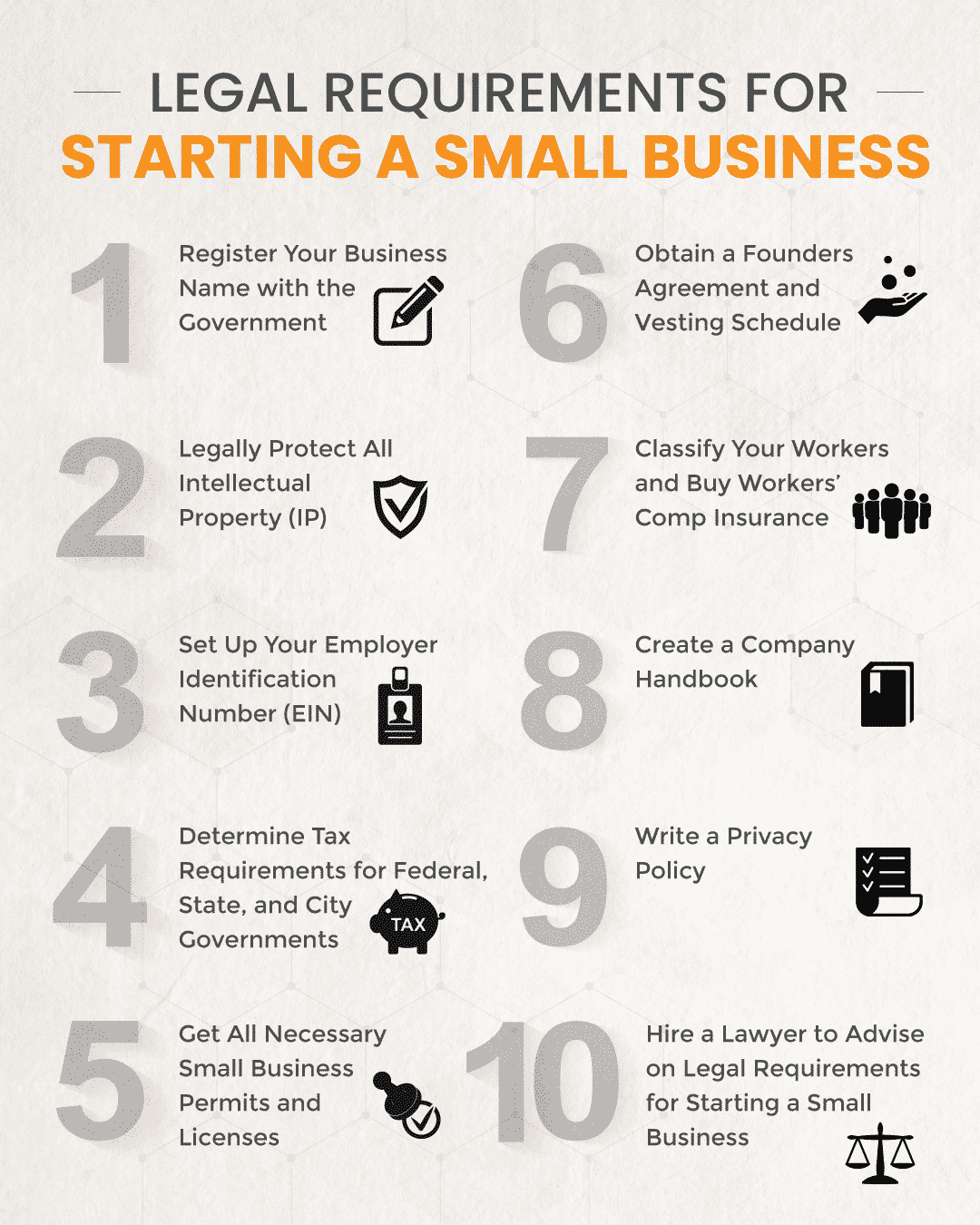
Starting a business is like embarking on a thrilling adventure—full of excitement, challenges, and endless possibilities. But before you set sail, it's crucial to ensure your ship is seaworthy. Meeting the legal requirements for starting a business is akin to charting your course and equipping your vessel for the journey ahead. This comprehensive guide will walk you through the essential steps to ensure your business is legally sound and ready to navigate the open waters of the market.
Understanding the Legal Landscape
Why Compliance Matters
Compliance with legal requirements is not just a box to check; it's the foundation upon which your business will stand. Failing to meet these requirements can lead to fines, legal disputes, and even the closure of your business. By understanding and adhering to the legalities, you protect your business and build a strong reputation.
The Importance of Legal Structure
Choosing the right legal structure for your business is like selecting the right type of ship for your voyage. Each structure—such as a sole proprietorship, partnership, LLC, or corporation—comes with its own set of advantages and disadvantages. For example, an LLC (Limited Liability Company) offers personal liability protection, while a sole proprietorship is simpler to set up but offers no such protection.
Business Registration: The First Step
Registering Your Business Name
Your business name is your brand's identity, and registering it is a crucial step. Before you commit to a name, conduct a thorough search to ensure it's not already in use. Once you've found a unique name, register it with your state government. This step is essential to avoid trademark infringement and secure your brand's identity.
Obtaining an EIN
An Employer Identification Number (EIN) is like your business's social security number. It's required for tax purposes and is essential for opening a business bank account. You can obtain an EIN from the IRS website, and it's a straightforward process that can be completed online.
Navigating Startup Legalities
Business Permits and Licenses
Depending on your industry and location, you may need various permits and licenses to operate legally. These can range from general business licenses to industry-specific permits. Research the requirements for your specific business and apply for the necessary permits through your local, state, or federal government.
Compliance Guidelines
Compliance guidelines vary by industry and location. They can include health and safety regulations, environmental standards, and labor laws. Staying informed about these guidelines is crucial to avoid legal issues. Resources like the Small Business Administration (SBA) can provide valuable information and support.
Setting Up Your Legal Structure
Choosing the Right Structure
Selecting the right legal structure is a pivotal decision. A sole proprietorship is simple and inexpensive but offers no liability protection. A partnership shares profits and losses but can be complex. An LLC provides liability protection and tax flexibility, while a corporation offers stock options and a formal structure.
Forming an LLC
Forming an LLC involves filing Articles of Organization with your state. This document outlines your business's structure and management. Additionally, you'll need an Operating Agreement, which details the functional aspects of your business, such as roles, structural aspects, and financial and functional decisions.
Maintaining Compliance
Ongoing Legal Requirements
Once your business is up and running, ongoing legal requirements include filing annual reports, paying taxes, and renewing licenses and permits. Staying on top of these requirements ensures your business remains compliant and avoids legal pitfalls.
Seeking Professional Help
Navigating the legal landscape can be complex. Consider hiring a business attorney or consulting with a legal expert to ensure you meet all requirements. Their expertise can save you time, money, and potential legal headaches.
Conclusion
Meeting the legal requirements for starting a business is a multifaceted process, but it's a crucial step in building a strong and sustainable enterprise. By understanding the legal landscape, registering your business, obtaining the necessary permits, and choosing the right legal structure, you lay a solid foundation for your venture.
Remember, compliance is not a one-time task but an ongoing commitment. Stay informed, seek professional help when needed, and always prioritize meeting legal requirements. Your business will thank you for it.
Now that you're equipped with the knowledge to navigate the legal waters, it's time to set sail on your entrepreneurial journey. Are you ready to turn your business dream into a reality?
FAQs
What is the first step in meeting legal requirements for starting a business? The first step is to register your business name and obtain an EIN from the IRS. This sets the foundation for your business's legal identity.
Why is choosing the right legal structure important? Choosing the right legal structure affects your liability, tax obligations, and operational flexibility. It's a decision that can significantly impact your business's success and longevity.
What are some common permits and licenses required for businesses? Common permits and licenses include general business licenses, industry-specific permits, health and safety certificates, and environmental permits. The specific requirements vary by industry and location.
How can I stay compliant with ongoing legal requirements? Staying compliant involves filing annual reports, paying taxes, and renewing licenses and permits. Regularly reviewing compliance guidelines and seeking professional help can ensure you meet all ongoing requirements.
What resources are available to help with startup legalities? Resources like the Small Business Administration (SBA), local chambers of commerce, and professional legal advisors can provide valuable information and support for navigating startup legalities.


Posting Komentar